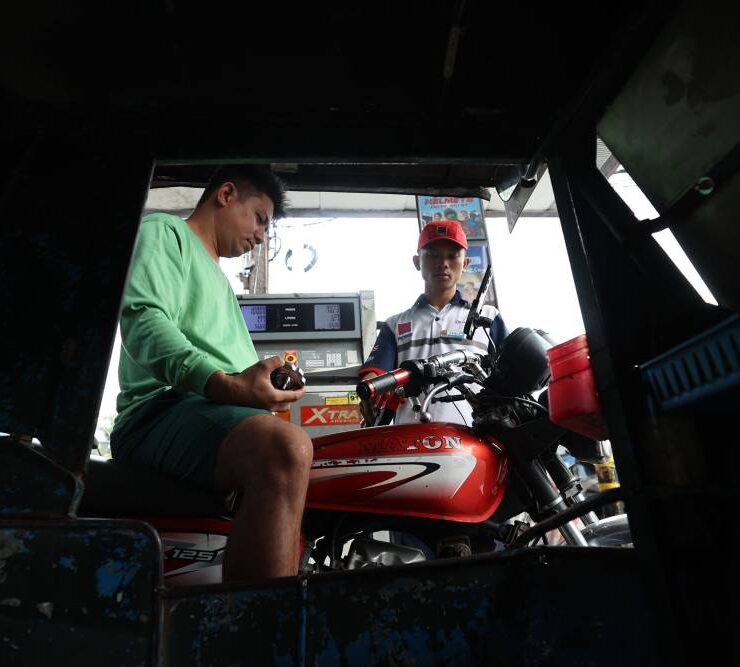OpenAI bans PH users behind pro-gov’t drive

OpenAI, the United States-based company behind generative artificial intelligence chatbot ChatGPT, has banned accounts based in the Philippines that were used to generate large volumes of social media comments favoring President Marcos or criticizing his former UniTeam running mate, Vice President Sara Duterte.
“We banned ChatGPT accounts that used our models to generate bulk volumes of short comments in English and Taglish. The comments were posted by accounts on TikTok and Facebook social media platforms, and focused on politics and current events in the Philippines,” Open AI said in its report “Disrupting malicious uses of AI,” which was released on June 5.
The report tagged Comm&Sense Inc., a Makati-based public relations and marketing company, as among those behind the AI-powered influence campaign.
The Inquirer contacted Comm&Sense for comment but it has yet to respond as of this writing.
‘Operation High Five’
OpenAI called the campaign “Operation High Five” due to its usage of many emojis in a lot of the social media comments and its generally positive tone.
“The comments this operation generated and posted online were brief but partisan. Typically, they praised President Marcos and his initiatives, or criticized Vice President Sara Duterte,” the report said.
OpenAI, however, assessed the influence operation (IO) as a low-impact Category 2 activity, using the IO impact breakout scale (category 1 being the lowest and category 6 the highest).
According to the report, the threat actor or the ones behind the activity used ChatGPT to support several stages of a political influence campaign targeting audiences in the Philippines.
First, they used ChatGPT to analyze social media posts about political events in the country, especially those involving Mr. Marcos, and to suggest appropriate themes for replies to those posts.
Second, they asked the model to generate bulk volumes of short comments, typically up to 10 words long, in line with each proposed theme.
Third, they used ChatGPT to generate public relations pitches and statistical analyses for the IO, possibly for current and future clients.
“These pitches stated that the operation had created five TikTok channels aimed at promoting President Marcos’ agenda,” the report said.
Based on OpenAI’s investigation, the five TikTok channels, which it did not identify, began posting videos in mid-February, coinciding with the start of the campaign period for the 2025 midterm elections.
The AI-generated comments were then posted in reaction to the videos by dozens of TikTok accounts, which did not follow any other accounts, and typically had zero to 10 followers.
“This commenting activity may have been designed to make the TikTok channels look more popular than they actually were,” the report said.
The same comments were posted on Facebook in reply to news reports of mainstream media outlets.
OpenAI found that the Facebook accounts sharing these comments typically had zero to 15 friends, and were likely created in mid-December 2024, based on their first profile picture upload.
“However, none of the comments that we identified online during our investigation received more than single-digit replies, likes or shares, and most received none at all,” it said.
‘Partially successful’
According to OpenAI, the goal of the mass Facebook commenting was to inundate the comment sections, but it was only “partially successful.”
For instance, the operation generated several hundred comments for a Facebook post by ABS-CBN News, but the post itself received some 23,000 comments.
On Tiktok, where the commenting clustered around the five channels, viewing figures for their videos varied wildly, from over one million to under 100.
Both Facebook and TikTok prohibit inauthentic behavior that aims to artificially boost engagement on their platforms.




















